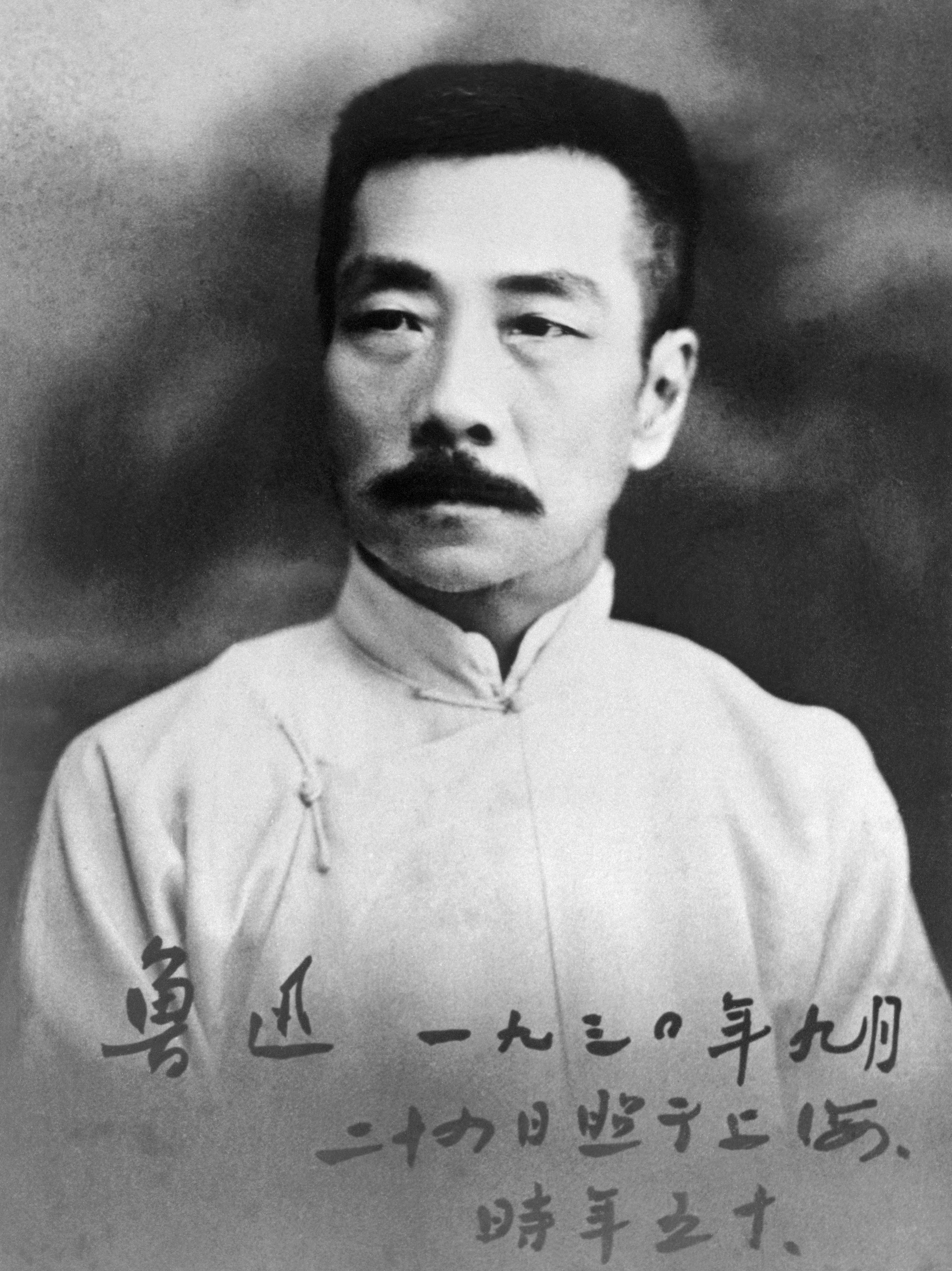私が初めて小学学校へ行く時私の両親は私にあたらし自転車買ってくれました。私の両親が買った自転車は青でした。私は初めてその自転車を見た時その自転車は世界一だと思いました。毎日宿題を終わった時私の家族から町の中心までこぎました。天気が寒くなる時自転車をこぐことができませんから、かなしくなりました。自転車をこふことが好きな友達がたくさんいますから、ともだちは私の自転車をうらやみました、よく「洪華さんの自転車がのってもいいですか』と言いましたが、私はそんあにとりきめませんでした。私は大人になりましたから、いまあの自転車はちくなりました。
Benjamin Kindler learning Japanese
Monday, May 2, 2016
上海
中国の大都会の中で私一番すきな大都会は上海です。私わ中国へはじめて行く時上海へ行きました。それから上海へ行ったことがに回あります。上海の黃金時代は中国の民国时代です。民国时代時上海は中国の政治と文化の中心になりました。たとえば、上海に文学派がたくさんありました。私の專攻は中国現代文学ですから私は上海で行く時民国时代の作家の旧居へ行きました。特に魯迅の旧居へ行くことがたのしかったでした。作家の旧居へ行って写真をとりました。あなたが上海へ行った時上海の料理をのまなければなりません
Monday, February 15, 2016
中国文学
私の趣味は中国現代文学です。毎日寝る前に中国文学の小説と散文を一時間読みます。私は大学院生ですから、中国現代文学も私の専攻です。中国歴史の中で私一番好きな時代は中華民国時代と中華人民共和国の時代です。中華民国は政治と文化の轉變がたくさんありますから、とてもおもしろいです。中華民国時代も中国現代文学の黃金時代です。有名な作家がたくさんいって、しょうせつがたくさんあります。この時代の小説の一番重要題材は中国の精神危機と文化復興です。日本へ現代知識をべんこうしにいいきましたの中国学生と知識份子がたくさんいましたから、日本と中国の文化交流もとても重要です。あなた一番好きな文学はなんですか?中国の小説は読みましたか?魯迅の小説をよまなければなりません!
Sunday, November 8, 2015
ニューヨークの生活
ニューヨークはにぎやかなだいとかです。わたしは香港からきましたから、ニューヨークのせいかつになれました、ニューヨークがすきです。ニューヨークにびじゅつかんととしょかんといざかやがあります。わたしはしゅうまついつもともだちとニューヨークのちゅうごくじんがいへいきます、しょくりょうひんをかいます、ちゅうごくりょうりのひうごはんをたべます。あなたもうニューヨークへいきましたか?あなたのまちわどうですか?あなたのまちはだいとかですか、むらですか?
Monday, October 19, 2015
我给你介绍一下
わたしわはまいにちじゅうじにおきます。いつもあさごはんをたべません、けどまいにちコーヒーをのみます。げつようびからきんようびまでとしょかんでひとりでにほんごとちゅうごくぶんがくをべんきょします、とようびとにちようびはやすみです。わたしはいつもうちでばんごはんをします、ひとりでたべます、ときできともだちとレストランでたべます。ばんごはん後、ちゅうごくぶんがくの小說をよみます、クラシックをききます。それより,
まいにちかのじょにでんわをかきます。
Monday, October 5, 2015
English Introduction
I am studying Japanese because I am a student of modern Chinese Literature and having reading competency in Japanese is relevant to my research. I am interested in a set of major authors and theorists during the May Fourth period who interacted with contemporary Japanese intellectuals and translated major Japanese literary texts, the most famous examples of such Chinese theorists being Lu Xun and his brother Zhou Zuoren, both of whom were heavily engaged with Japanese intellectual and literary culture, albeit in different ways. I am also interested in later schools and trends within Chinese literature who also drew on contemporaneous literary developments in Japan, especially the authors of the so-called Xinganjuepai 新感覺派 school, who drew on the narrative methods of the Japanese literary faction of the same name. This literary school and its members in China and Japan sought to develop new formal techniques and literary styles with which to convey the excitement and terror of urban modernity, representing not only one of the most innovative sectors of literary production during the interwar period in their respective countries, but also a primary example of transnational literary influence and culture during that same period. Individual literary figures such as the "modern girl" (モダンガール, modan gāru) convey circuits of exchange between urban sites like Tokyo and Shanghai. I also have an interest in Japanese literature, encompassing Yukio Mishima from the post-occupation period and Takiji Kobayashi from the 1920s, the former for his penetrating insights into post-war cultural malaise in Japanese society, the latter for his renditions of working-class struggle from a complex period in Japanese political and social history. I hope within three years to be able to engage with these and other texts.
Japanese introduction
はじめまして、私(わたし)は洪華です。私(わたし)はコロンビア大学(だいがく)の大学(だいがく)いんせいです。私(わたし)の專門(せんもん)は中国近代文學(ちゅうごくきんだいぶんがく)です。私(わたし)は英国人(いぎりすじん)です。でも私(わたし)は香港(ホンコン)からきました。私の母(はは)は教師(きょうし)です。私(わたし)の父(ちち)も教師(きょうし)です。どっぞよろしく、おねがいします!
Subscribe to:
Comments (Atom)
